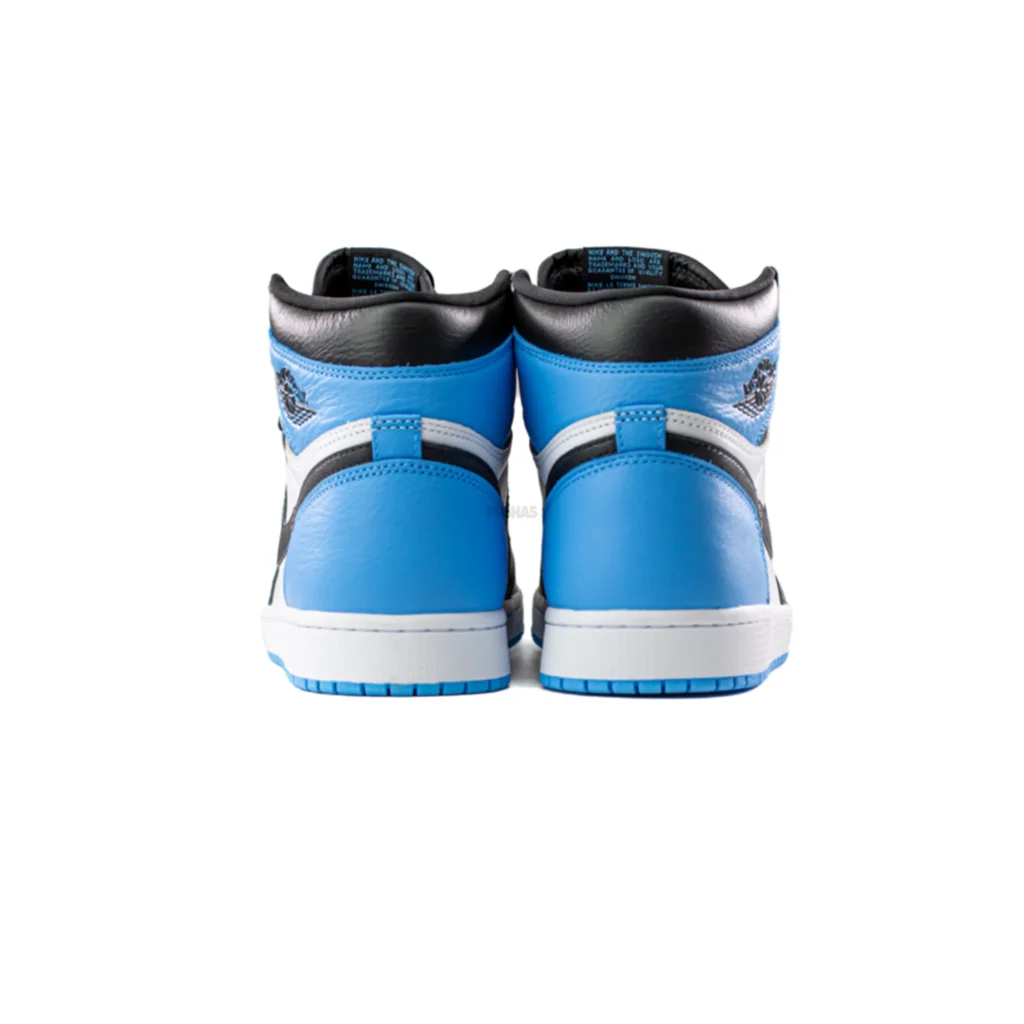The allure of replica shoes is undeniable. With price tags that are a fraction of authentic designer sneakers, sellers often see them as a lucrative opportunity. However, before diving into this risky market, it’s critical to understand the severe legal, financial, and ethical consequences of selling counterfeit footwear. This article breaks down why trading replicas in the US and UK is a dangerous game—and what you can do instead.
The Temptation of Replicas: Why Sellers Take the Risk
Replica shoes mimic high-end brands like Nike, Adidas, or Balenciaga, offering similar aesthetics at lower costs. For sellers, the margins seem attractive: sourcing cheap imitations from overseas manufacturers and marketing them to budget-conscious buyers. Platforms like Instagram or TikTok make it easy to reach audiences, while payment apps streamline transactions.
But beneath the surface lies a minefield. Counterfeit goods violate intellectual property (IP) laws, and governments worldwide are cracking down harder than ever. Let’s dissect the legal frameworks in the US and UK—and the penalties that could ruin your livelihood.
Legal Consequences in the United States
The US enforces strict anti-counterfeiting laws under the Lanham Act and Stop Counterfeiting in Manufactured Goods Act (SCMGA). Key violations include:
- Trademark Infringement: Selling shoes with logos, designs, or branding identical to registered trademarks.
- Trafficking Counterfeit Goods: Importing, distributing, or advertising replicas.
Penalties:
- Civil Lawsuits: Brands like Nike can sue for damages up to $2 million per trademark or profits lost (whichever is higher).
- Criminal Charges: Felony charges for trafficking, leading to fines of up to $5 million for organizations and 20 years in prison for individuals (U.S. Department of Justice, 2023).
- Asset Seizure: Authorities confiscate counterfeit stock and profits.
In 2023, a New York-based seller faced a 1.2millionfineand5−yearprisonsentenceaftertrafficking700k worth of fake Yeezys (U.S. CBP Report).
Legal Consequences in the United Kingdom
The UK’s Trademarks Act 1994 and Consumer Protection Act 1987 impose harsh penalties for counterfeit sales:
- Criminal Offenses: Selling goods with unauthorized trademarks can lead to unlimited fines and up to 10 years in prison.
- Civil Liability: Brands may claim damages or demand the destruction of inventory.
Recent enforcement includes Operation Venture, a nationwide crackdown seizing £15 million in fake goods, including footwear (National Trading Standards, 2023).
Ethical and Economic Fallout
Beyond legal risks, selling replicas fuels harmful practices:
- Exploitative Labor: Many counterfeits are produced in sweatshops with child labor (International Labour Organization).
- Funding Organized Crime: Interpol links counterfeit trade to drug trafficking and terrorism.
- Brand Damage: Lost revenue harms innovation and jobs. The OECD estimates counterfeit goods cost the global economy $500 billion annually.
Consumers also face risks: replicas often use toxic materials or lack quality controls, leading to injuries.
Real-Life Cases: When Replica Sellers Get Caught
- US Case: In 2022, a Florida couple was ordered to pay $3.1 million to Gucci and Nike for selling counterfeit sneakers online.
- UK Case: A Manchester seller received an 18-month sentence in 2023 for distributing fake Nike Air Jordans via Facebook Marketplace.
These cases highlight that no seller is “too small” to escape scrutiny.
Hidden Risks Beyond Fines and Jail Time
- Reputation Damage: Once exposed, rebuilding trust is nearly impossible.
- Platform Bans: Amazon, eBay, and Facebook permanently ban sellers of replicas.
- Financial Loss: Legal fees and seized assets can bankrupt individuals.
Legitimate Alternatives to Selling Replicas
- Dropshipping Authentic Products: Partner with verified suppliers via platforms like Oberlo or Sprocket.
- Affiliate Marketing: Promote genuine brands (e.g., Nike Affiliate Program) for commission.
- Create Original Designs: Use print-on-demand services like Printful to sell custom footwear.
- Resell Vintage or Secondhand Sneakers: Platforms like StockX or Depop cater to sustainable fashion trends.
Conclusion: Stay Legal, Stay Safe
The short-term gains of selling replica shoes aren’t worth the lifelong consequences. With aggressive IP enforcement in the US and UK, authorities are prioritizing anti-counterfeiting task forces and stricter online monitoring.
For those passionate about footwear, focus on ethical business models that respect creativity and legality. If you’re seeking authentic sneakers or partnerships, visit retsneakers.org for trusted resources and collaborations.



